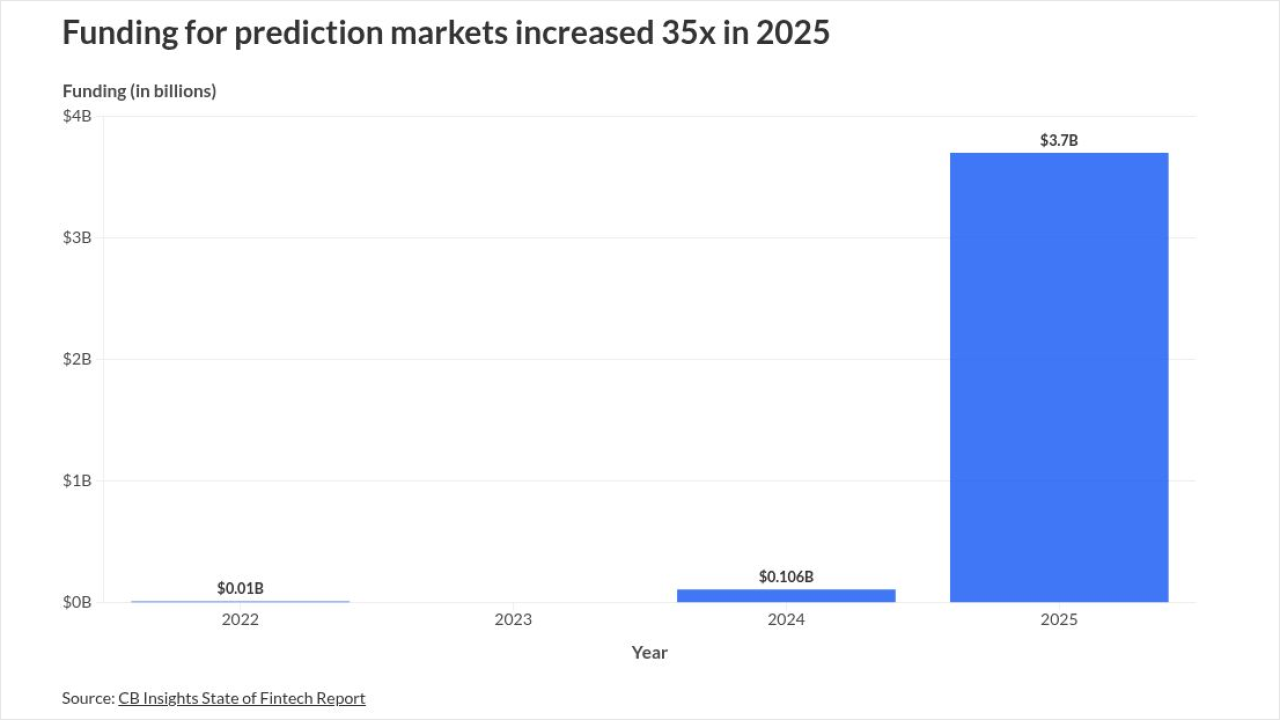Baby boomers are flush, with high interest rates fattening their savings accounts. Young Americans, they're struggling with debts, sky-high rents and mortgage rates that are putting home ownership further out of reach. That's driving a new trade recommendation from Bank of America, one aimed at exploiting the widening generational wealth gap: Go long on old-people stocks. Avoid those whose fortunes ride on cash-strapped millennials. That means American Express and cruise-ship lines are in. Out is Revolve Group, a self-styled "next-generation fashion retailer" for the 20-somethings.
"Millennials are really feeling the impact of the hiking cycle. Boomers, not so much," Bank of America quantitative strategist Ohsung Kwon, himself a millennial, said in an interview. "We're starting to see a big diversion between the two."
That fault line is growing beneath an economy that's on the surface remained surprisingly strong, largely due to a steady consumer-spending splurge since the pandemic lockdowns ended.
True, the Federal Reserve's aggressive interest-rate hikes have slowed pockets of the economy. But they've also delivered what's effectively been a steady supply of stimulus checks to older Americans, who went from receiving virtually nothing on their savings to pocketing the highest interest payouts in two decades.
Winners and losers
That's likely to make winners out of sectors like health care and entertainment, where older people spend a lot of money, according to Bank of America. Home-improvement stocks could also be rewarded, as boomers are living longer than previous generations and grow reluctant to sell homes that are locked in low mortgage rates.
On the flip side, clothing retailers, a category skewed heavily toward the young, are facing strong headwinds.
The trend appears likely to continue with the Fed planning to hold interest rates high for a while and the surging federal deficit keeping upward pressure on bond yields. That, in turn, is driving up what the government pays in interest on Treasuries — which goes right back into the pockets of investors.
READ MORE:
As a result, baby boomers and those right before them are accounting for the lion's share of U.S. consumption today, Bank of America data showed. Meanwhile, members of the cohort born between the early 1980s and late 1990s have pulled back on spending and seen delinquencies rise on credit and debit cards.
"Pre-pandemic, the empirical evidence was there supporting that boomers are doing better than millennials in regards to investments, retirement accounts and home ownership," said Robert Schein, chief investment officer at Blanke Schein Wealth Management. "And post pandemic, that divide, because of higher inflation and elevated interest rates, has gotten dramatically worse. The divide is just gigantic."
Boomers are cruising
According to Bank of America, cruise lines have the heaviest exposure to boomers, who represent roughly 40% of their trip goers. Travel was highest on the list of priorities for discretionary spending among adults over the age of 50, Bank of America said, citing AARP data. And that industry has benefited well from the post-pandemic travel boom: The S&P 500 hotels, resorts and cruise lines index is up nearly 28% this year, even after the drop over the past few months.
The Bank of America report offers few specific stock picks. But American Express is singled out as a beneficiary of its "boomer's boom" thesis, since older adults are more prevalent users of its credit cards.
On the millennial side, Bank of America cited a deceleration in spending on clothing that's already underway, which they partly attribute to a discrepancy in wealth and consumption between the two age groups. The analysts see specific risk to e- commerce retailer Revolve, which charges higher prices than its peers and is favored by Gen Z and millennial shoppers.
Yet some investors are dubious of the long-term staying power of the trade, given boomers' rapidly advancing ages. Moreover, all that wealth will eventually be inherited — and much of it spent — by millennials.
READ MORE:
"To focus investments for boomer preferences and not millennial preferences, I think you're skating to where the puck is and not where it's going," said Douglas Boneparth, president at Bone Fide Wealth. "If there is significant wealth being transferred to millennials or younger, wouldn't you want to understand the investment preferences and consumer habits of that generation as far as investing in the long term?"
For now, Bank of America argued that boomer spending and asset ownership is enough to keep consumption going. The bank has held a positive outlook on U.S. consumer spending and stocks more broadly, with its economists scrapping a previous call that the U.S. was heading toward a recession.
"Everyone talks about the access savings that are dwindling, but they are double pre-COVID levels, and that's only part of the story," Bank of America's Kwon said. "You gotta look at the whole picture, the whole balance sheet — and the balance sheet for the consumer still looks phenomenal."






